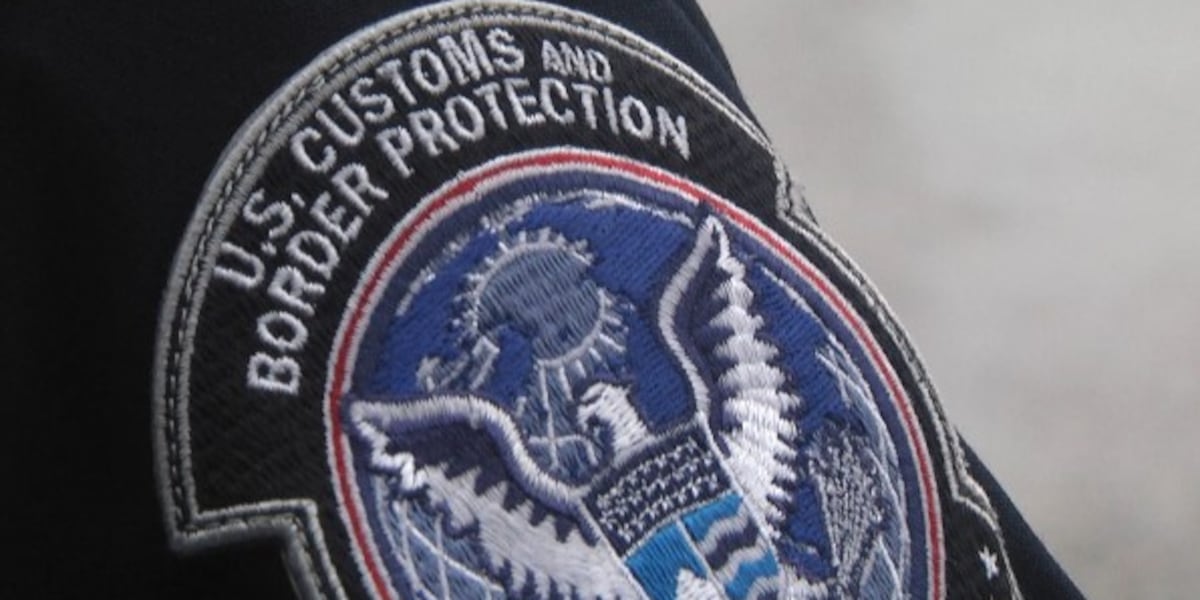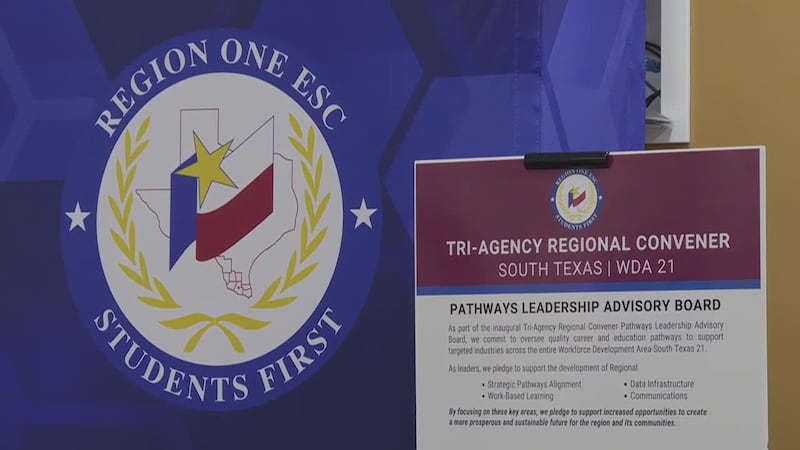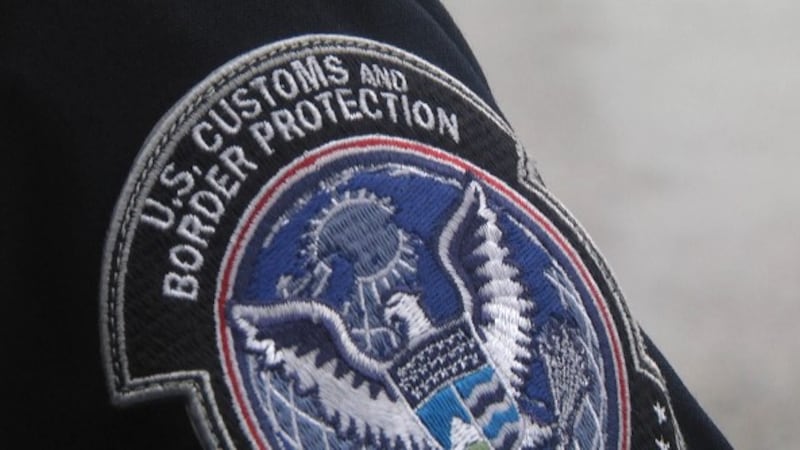## Hold Up Your Passport, Gamers: AI is Joining the Border Patrol This Summer!
Summer’s here, and that means adventure! Whether you’re heading to a sweltering beach resort or conquering a legendary theme park, chances are, you’ll be crossing borders. But hold on, because things are about to get a whole lot faster at the Customs and Border Protection (CBP) checkpoints. Forget the lines stretching into the parking lot, because CBP is rolling out some serious tech this season to streamline your journey.

Choosing the Right Program: Global Entry vs. Mobile Passport Control

Navigating the complexities of international travel can be daunting, especially during peak seasons. To streamline the process and minimize wait times, U.S. Customs and Border Protection (CBP) offers several trusted traveler programs. Two popular options are Global Entry and Mobile Passport Control, each catering to different traveler needs and preferences.

Global Entry: Your Fast Track to the U.S.
Global Entry is a program for low-risk travelers who frequently cross U.S. borders. Enrollees receive expedited clearance at more than 60 U.S. airports and land border crossings. The benefits include:
- Automated kiosks for passport control and customs declaration.
- Reduced wait times compared to traditional lines.
- Access to TSA PreCheck, which allows for expedited security screening at participating airports.
- Faster processing times than traditional lines.
- No need to wait in lines at the airport or border crossing.
- Convenient and user-friendly interface.
To be eligible for Global Entry, applicants must undergo a thorough vetting process, including background checks and in-person interviews. The application fee is $100, and membership is valid for five years.

Mobile Passport Control: On-the-Go Convenience
Mobile Passport Control (MPC) is a mobile app that allows travelers to submit their passport and travel information electronically. The app is available for both iOS and Android devices and can be used at select airports and land border crossings. Advantages of using MPC include:
MPC is a good option for travelers who want a quick and easy way to clear customs and immigration. However, it is not as comprehensive as Global Entry, as it does not provide access to TSA PreCheck or expedited clearance at all airports and land border crossings.
Ultimately, the best program for you depends on your individual travel needs and preferences. If you are a frequent traveler who values expedited clearance and security benefits, Global Entry is a worthwhile investment. If you are looking for a convenient and affordable option for occasional travelers, MPC is a good choice.

Tips for a Smooth Experience: What to Expect and How to Prepare
Whether you choose Global Entry or Mobile Passport Control, preparing for your journey can significantly enhance your travel experience. Here are some essential tips to ensure a smooth and hassle-free border crossing:

Before You Arrive:
- Enroll in your chosen program: Take the time to apply for Global Entry or download and create an account for Mobile Passport Control well in advance of your trip. Allow sufficient processing time for approval.
- Gather necessary documents: Ensure your passport is valid for at least six months beyond your intended stay. Have your Global Entry membership card or Mobile Passport Control app readily accessible.
- Review customs regulations: Familiarize yourself with U.S. customs regulations regarding prohibited items and declaration requirements. Declare all goods truthfully and accurately to avoid potential issues.
- Follow signage: Adhere to designated lanes for Global Entry or Mobile Passport Control.
- Be prepared for biometric verification: Have your fingerprints scanned and/or face photographed as required. If using MPC, have your travel information readily available on your device.
- Communicate clearly: Answer any questions from CBP officers politely and truthfully. Provide necessary information promptly and accurately.
- Arrive early: Even with expedited programs, allow ample time for potential delays or unforeseen circumstances.
- Be patient: Border crossings can be busy, especially during peak travel periods. Remain calm and cooperative with CBP officers.
- Stay informed: Check for any updates or changes to border crossing procedures or requirements before your trip.
At the Border Crossing:
General Tips:

Analyzing the Impact: Reduced Wait Times and Enhanced Security
The implementation of advanced technologies like facial recognition and AI at U.S. ports of entry has a profound impact on both traveler experience and border security.
Reduced Wait Times:
One of the most significant benefits of these technologies is the reduction in wait times for travelers. Automated kiosks and electronic processing systems allow CBP to handle a larger volume of passengers efficiently. This is particularly crucial during peak travel seasons when wait times at traditional checkpoints can be lengthy and frustrating.
According to recent data from CBP, travelers enrolled in trusted traveler programs like Global Entry experience wait times that are significantly shorter than those in regular lines. For example, Global Entry members at major airports report average wait times of under five minutes compared to an average of 30 minutes or more for general travelers.

Enhanced Security:
Beyond streamlining the process, advanced technologies also enhance security measures at U.S. borders. Facial recognition and biometric verification provide a more accurate and reliable way to identify travelers, reducing the risk of fraud and identity theft.
The use of AI-powered systems allows CBP officers to analyze traveler data and identify potential security threats more effectively. These systems can detect suspicious patterns or anomalies in travel histories, passport information, or other relevant data points.
By leveraging these technologies, CBP can focus its resources on high-risk travelers while ensuring a smooth and efficient experience for the vast majority of legitimate travelers.

Data Privacy and Transparency:
While the implementation of advanced technologies offers significant benefits, it also raises concerns about data privacy and transparency. The use of facial recognition and biometric data requires careful consideration of ethical implications and potential misuse.
Gamestanza advocates for robust data protection measures and transparent policies regarding the collection, storage, and use of traveler data. It is crucial that CBP prioritizes privacy safeguards and ensures that technologies are implemented responsibly.

Beyond the Border: Next-Gen Travel Tech
Facial Recognition and AI: The Future of Border Security
Facial recognition technology is rapidly evolving and has the potential to transform border security in the future. By analyzing facial features, AI-powered systems can accurately identify individuals and verify their identities with high accuracy. This technology can be used to:
- Automate passport control: Facial recognition can streamline the passport control process by automatically matching travelers’ faces to their passport photos.
- Detect potential threats: AI algorithms can analyze facial expressions and other biometric data to identify potential security risks.
- Improve immigration enforcement: Facial recognition can assist in tracking and identifying individuals who are in the country illegally.
- Reduce the need for physical documents: Travelers can use their mobile devices to store and verify their identity information, eliminating the need to carry physical passports or other travel documents.
- Enhance security: Biometric verification methods, such as fingerprint scanning or iris recognition, can provide a more secure and reliable way to authenticate travelers.
- Simplify customs and immigration processes: Mobile identity solutions can expedite customs and immigration procedures by allowing travelers to submit their information electronically.
- Data Security: The collection and storage of sensitive personal data, including facial recognition data and biometric information, raise concerns about data breaches and potential misuse. Robust cybersecurity measures and strict data protection policies are essential to safeguard traveler privacy.
- Transparency and Oversight: Clear guidelines and regulations are needed to ensure that the use of these technologies is transparent and accountable. Travelers should be informed about how their data is being collected, used, and protected. Independent oversight mechanisms are crucial to prevent abuse and ensure that these technologies are used ethically.
- Bias and Discrimination: AI algorithms can perpetuate existing biases if they are trained on biased data. It is essential to address potential bias in facial recognition systems and other AI-powered technologies to ensure fair and equitable treatment for all travelers.
However, the use of facial recognition also raises ethical concerns about privacy, accuracy, and potential bias. It is crucial to ensure that these technologies are deployed responsibly and ethically, with appropriate safeguards in place.
Mobile Identity and Biometric Verification: Streamlining the Travel Process
Mobile devices are becoming increasingly important in the travel industry. Mobile identity solutions and biometric verification are emerging as key technologies for streamlining the travel process. These technologies can:
The widespread adoption of mobile identity and biometric verification technologies has the potential to revolutionize the travel experience, making it faster, more secure, and more convenient for travelers worldwide.
Potential Downsides: Privacy Concerns and the Need for Transparency
While the benefits of advanced travel technologies are undeniable, it’s crucial to acknowledge potential downsides, particularly concerning privacy and transparency.
Gamestanza believes that the advancement of travel technology should go hand in hand with a commitment to privacy, transparency, and ethical considerations. By striking a balance between innovation and responsible implementation, we can harness the power of technology to create a more secure, efficient, and inclusive travel experience for all.
Conclusion
The looming summer travel season brings with it familiar anxieties: long lines, bureaucratic hurdles, and the ever-present fear of missing your flight. KGNS reports that the CBP is attempting to alleviate these concerns by integrating new technology to streamline the processing of travelers. Facial recognition, automated kiosks, and other innovative tools are being deployed to expedite the flow of passengers, aiming to reduce wait times and enhance overall efficiency.
This shift towards tech-driven border control signifies a larger trend in the travel industry, one that prioritizes convenience and speed in an increasingly interconnected world. While these advancements undoubtedly offer a smoother travel experience, they also raise important questions about privacy and data security. As facial recognition and other biometric technologies become more prevalent, it’s crucial to ensure that they are used responsibly and ethically, safeguarding individual rights while facilitating secure and efficient border crossings. The future of travel lies in striking this delicate balance, harnessing the power of technology while upholding fundamental values.
The summer getaway may soon be more seamless, but the journey towards a truly frictionless travel experience is one that demands constant vigilance and thoughtful consideration.